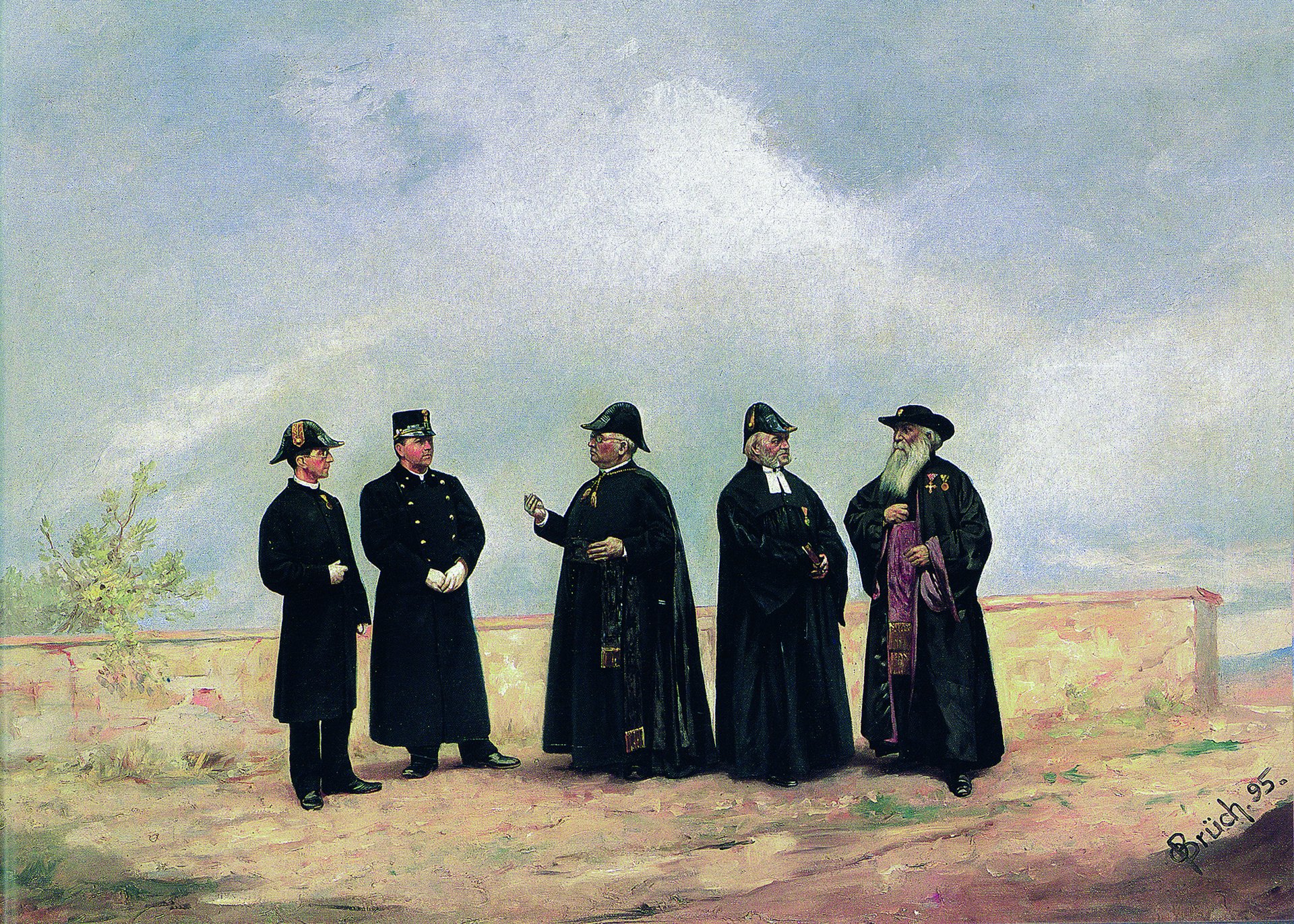Franz-Joseph-Hall
From the Austro-Hungarian Compromise of 1867 to the beginning of the First World War in 1914
Download: Franz-Joseph-Hall
The defeat of Austria in 1866 had far-reaching consequences for the Habsburg Monarchy. It lost its influence on the politics of German states as well as in Italy and implemented a structural reform known as Compromise. The Compromise reorganised the relationship between the lands of the Hungarian crown and the rest of the empire.
The Habsburg Monarchy was now divided into two parts, namely the "kingdoms and lands represented in the Imperial Council" (Cisleithania) and the lands of the Hungarian Crown (Transleithania).
From 1867 onwards, only three areas were regarded as common imperial matters: foreign, financial and military policy. Although this meant that common armed forces were kept by the state, the Compromise also had far-reaching consequences for the army.
Reorganisation of the army
In addition to the Common Army (from 1889: imperial and royal or “k. u. k”.) and the k. (u.) k. navy, separate land forces were now created for each of the two halves of the empire:
- the royal-hungarian (k. u.) Honvéd
- the imperial-royal (k. k.) Landwehr
Hungary in particular wanted to strengthen its own land forces at the expense of the Common Army.
In the final decades of the Habsburg Monarchy, the imperial and royal army, which alongside the civil service and the ruling dynasty was regarded as one of the pillars of the supranational state, was increasingly influenced by nationalist tensions and internal political conflicts over the future of the state.
It was also an army that reflected the linguistic and religious diversity of the Habsburg Monarchy. For example, in addition to military chaplains of Catholic, Protestant and Christian Orthodox denominations, there were also “field rabbis” and “military imams”. In approximately half of all infantry regiments, two or more languages were in use as official “regimental languages”.
Occupation campaign of 1878
From an Austro-Hungarian perspective, the period of peace from 1867 to 1914 was only interrupted by one major military event, the so-called occupation campaign of 1878.
Austro-Hungarian troops under the command of General Joseph Philippović von Philippsberg (1818 - 1889) occupied the Ottoman provinces of Bosnia and Herzegovina on the legal basis of resolutions by the Congress of Berlin.
This occupation led to annexation in 1908, creating tensions between Austria-Hungary, Serbia and Russia. At that time the development of the Balkan Peninsula was generally characterised by great instability, shifting borders and the ousting of the Ottoman Empire. The crises in the Balkans increasingly threatened to become a threat to peace in Europe.
In terms of foreign policy, Austria-Hungary relied primarily on the "Dual Alliance" that had existed with the German Empire since 1879, and had been expanded to include Italy in 1882 to form the "Triple Alliance".
Tensions between nationalists
In the decades after 1867, it became clear that nationalism was on the rise in the Habsburg Monarchy. Compromise was not a satisfactory solution for many nationalists. The demands of the eleven larger ethnic groups included more autonomy and (cultural) self-determination, which would have meant a far-reaching reorganisation of the Habsburg Monarchy.
Hope for state reform was embodied in the young crown prince Rudolf, regarded as a liberal, and, after his suicide, in the new heir apparent, Archduke Franz Ferdinand (1863 - 1914). However, these two were not the main determinants of politics in Austria-Hungary. In the Hungarian half of the empire there even were attempts to assimilate all non-Hungarian nationalities. In Cisleithania, despite the emperor’s skilful tactics, introduction of a liberal constitution and some minor reforms, it was not possible to balance out political tensions between the ethnic groups. Although the dissolution of the monarchy and the formation of nation states in its place hardly seemed realistic to anyone in peacetime, during the First World War the "Nationality Question" was ultimately one of the factors that led to the end of Habsburg rule.








